After a month cooped up in a Scottish castle, no internet, no TV, and no radio, watching hectic snowflakes billowing through the wooded hillside opposite my window, I realise that what I’ve missed most about this supposed deprivation has not been the news (to which I thought I was addicted) or the chatter, the company of other voices, but the chance to be taken in my head to other places and inside quite different experiences of life. It’s not just the factual education that radio can provide (although I’m pretty sure most of what I know has come from listening on air), it’s the absorbing intimacy of hearing other people talk about themselves, as if only to you, one-to-one, in direct communication. This week, for instance, the World Service has given us two programmes about India, or rather about the state of the Indian economy today. Not dry, academic accounts of why India has been left behind by China and in spite of its incredible resources of manpower and materials still has 300 million people below the poverty line, but conversations with Indians as they go about their daily lives. What hopes do they have? Do they believe change is possible? How do they cope with the frustrations of India’s vastly inadequate infrastructure?
In Living India on Tuesday, for instance, Rupa Jha of BBC Hindi set herself the task of finding out what it really means to live in India today, not just for the rich or middle-class but also for those in remote villages with no sanitation, no electricity, no change for centuries. She travelled to the eastern state of Bihar (where she comes from) and to its capital Patna, where she met an eye doctor who runs her own private clinic. We heard the doctor’s alarm clock as it pee-pipped her awake at 5 a.m., giving her time for a moment of silent prayer before starting her day. ‘I need to connect with God at this time of day,’ she said, ‘to pray for my patients. I need God’s help.’
Another doctor, a surgeon, has to travel every day to and from his clinic via the Ganga Bridge across the Ganges. It can take hours: there’s too much traffic and in places the bridge is falling into the river. How does he cope with the challenge of trying to operate on his patients when at any moment the electricity might go off? It’s ‘extremely stressful’, he says. Every morning he, too, spends two minutes in prayer once he arrives at the clinic, to shake off the exhaustion of the journey, ‘so that I can perform as a doctor’.
For Anita, living in a village of mud huts far from Patna, ‘Money is everything.’ She was married ‘as a child’ but hardly sees her husband as he spends most of his time in the city selling ice cream. She works her fields of rice and wheat alone and is determined her four children will have enough schooling to find good jobs away from the village. Education is her only weapon against poverty, of circumstance and expectation.
In contrast Justin Rowlatt on Saturday was talking to software entrepreneurs in Bangalore for the series Six Routes To A Richer World. He discovered the level of commitment required to succeed: one of the young experts he spoke to had grown up in a village in Tamil Nadu but through his mother’s determination was given the chance to go to college. Once there, he worked 20 hours a day, every day, to hone his software skills.
Six Routes is a hybrid series made by the BBC in conjunction with Marketplace, an American radio show. Rowlatt’s investigations were paired with those of an American reporter in an uneasy combination that dissipated the energy of the programme because in just half an hour we heard from too many voices, too many points of view. Somehow the point of the programme got lost. The complicated scheme to provide every Indian with a digitally coded identity card (almost 770 million have so far been issued) was mentioned, but not its controversial aspects. How much is the scheme about control, and how much about income generation for the 92 per cent of Indians not in formal employment?
Monday’s afternoon play on Radio 4, Kingdom of Cloud, by Matthew Hurt, was just the kind of play I most missed in my time away. A two-hander (played by Neil Pearson and Anne-Marie Duff and directed by Marion Nancarrow), there was little plot and hardly any drama, apart from the shattering of a glass of red wine. Daniel is struggling to face up to what’s been really going on with his job and his marriage. He’s not a particularly nice character, nor is Juliet his wife, too self-absorbed for sympathy. But it packed a punch as they both unravel, not wildly or savagely, but in a most ordinary, everyday fashion.
Speaking of ‘everyday’, the one thing I needed to check out when I got back was whether the great Brookfield sale was still going ahead. I didn’t expect to hear that half of Ambridge had been destroyed.
Got something to add? Join the discussion and comment below.
Get 10 issues for just $10
Subscribe to The Spectator Australia today for the next 10 magazine issues, plus full online access, for just $10.
You might disagree with half of it, but you’ll enjoy reading all of it. Try your first month for free, then just $2 a week for the remainder of your first year.

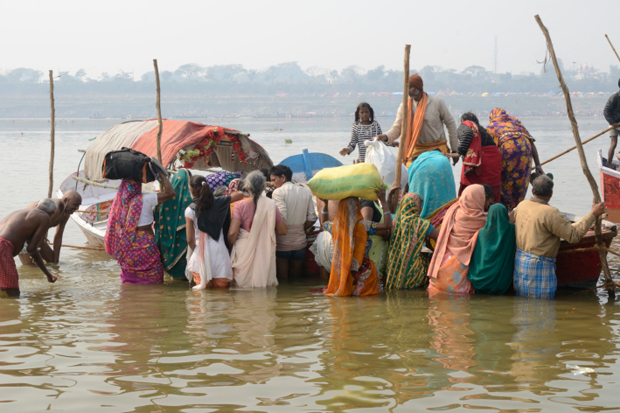
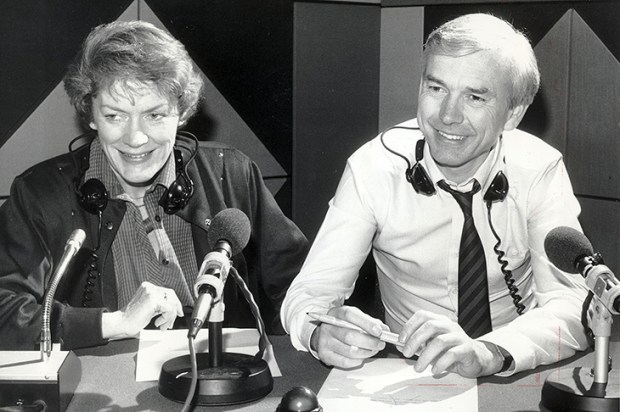
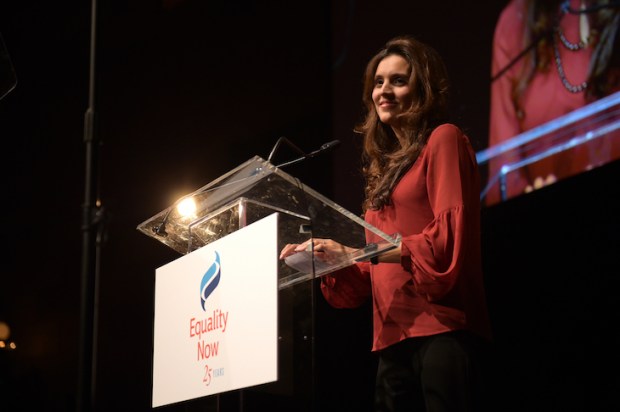
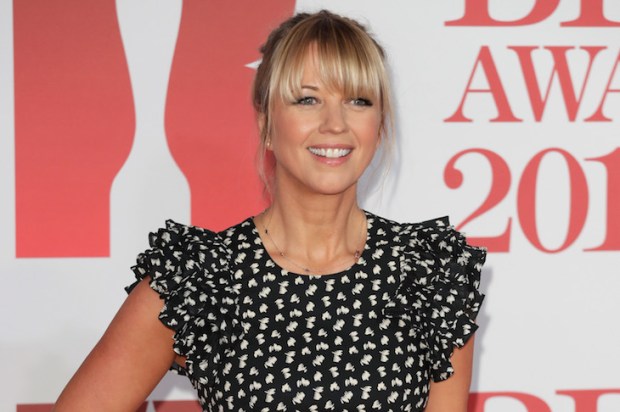
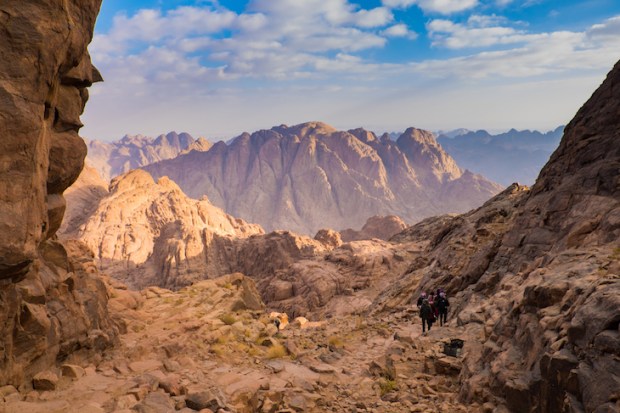
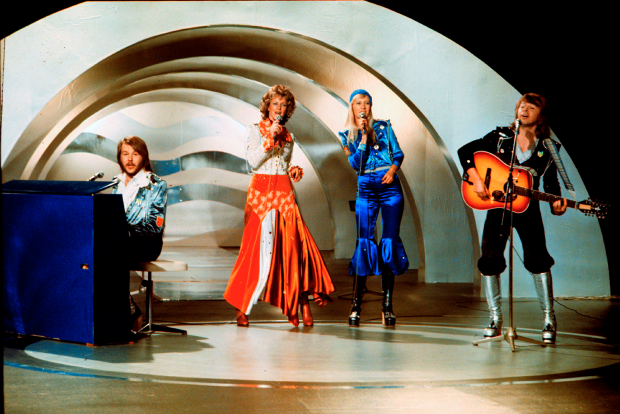







Comments
Don't miss out
Join the conversation with other Spectator Australia readers. Subscribe to leave a comment.
SUBSCRIBEAlready a subscriber? Log in